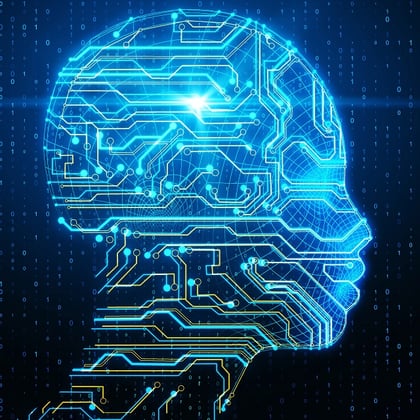What You Need to Know
- Colorado has been quick to implement insurance analytical tech rules.
- The new regulation will apply to pre-AI tech and future tech as well as to AI.
- Insurers will have to verify that their tech vendors avoid discrimination.
The Colorado Division of Insurance has approved a closely watched regulation that could affect how life insurers use outside vendors’ artificial intelligence systems, and any other outside sources of data or analytical technology, in life insurance underwriting.
The new regulation prohibits life insurers from using data and tech from outside sources in a way that could lead to unfair discrimination with respect to race.
The regulation is set to take effect Nov. 14. It will apply to all life insurers authorized to do business in Colorado.
The regulation implements a law created by SB 169, a bill that Colorado Gov. Jared Polis signed in July 2021.
What It Means
Colorado appears to be the first state to implement a law that addresses the use of analytical tech from outside vendors in life insurance underwriting.
The drafters of the bill that created the law used broad language to describe the kinds of technology subject to the requirements.
Because the drafters used terms such as “algorithm” and “predictive models,” rather than artificial intelligence or machine learning, the rules in Colorado and in states that follow Colorado’s lead could affect use of both new types of artificial intelligence systems and any new decision support technologies that appear in the future, not just the kinds of AI systems and other automated decision support systems in use today.
Because the regulation refers to the “internet of things,” or efforts to collect data through networks of physical objects, it could also apply to robots and androids.
Artificial Intelligence
An AI system is a software system designed to acquire information and identify patterns on its own, not simply to store and apply data and rules provided by the programmers.
Critics, including Birny Birnbaum of the Center for Economic Justice, have long argued that the process for developing and training AIs can lead to unfair conclusions based on biased training data, the software developers’ biases or other factors.








 September 25, 2023 at 11:50 AM
September 25, 2023 at 11:50 AM












 Copyright © 2024 ALM Global, LLC. All Rights Reserved.
Copyright © 2024 ALM Global, LLC. All Rights Reserved.